Fixed income rates in Nigeria are set to spike as rising cost of goods and services, dwindling foreign exchange reserves, and liquidity squeeze besiege financial markets.
A recent report published by Vetiva Research states that the Nigerian fixed income market has seen yields rise by 608 bps since the beginning of the year, and it is expected to last until the end of the year. This is despite bond prices being bearish as the S&P FMDQ Nigeria Sovereign Bond Index has dropped by -21.17 year-to-date.
The fixed income market maintained low rates during much of 2020, which kept borrowing costs low and attracted investors to the equity market instead. However, it began to reverse as projected by analysts at the beginning of 2021 when the Debt Management Office (DMO) began boosting rates during bond auctions in February as the 10-year bond’s stop rate hit double digits (10.25 %) for the first time since January 2020. (11.125%).

The graph above shows that rates have increased by 608 basis points since December 2020, with NTB stop rates rising even faster. The rate on the 364DTM bill increased to 9.75 percent in May from 1.50 percent in January.
What they are saying
According to the report, the main cause for this rate reversal from its 2020 level has been prolonged pressure on foreign exchange reserves, high inflation rates since the beginning of the year, and a lack of interest from FPIs, as widely forecast.
Nevertheless, the recovery in 1-year rates has not trickled down to shorter-term securities, with rates remaining in the low single digits, limiting activity on the shorter end, possibly as an incentive for lenders to pursue real-sector returns, despite the lack of real investment opportunities in Nigeria due to the state of the economy.
Moreover, the 10-year US Bond yield is now at 1.64%, and other foreign debt instruments continuing to remain low. The Federal Government is expected to explore international credit options, with rumours of a $3 billion Eurobond circulating.
What this means
The report claims that rates are likely to climb more in the second half of the year. However, because the CBN and DMO continue to artificially lower rates, it is highly unexpected for a return to the levels seen in 2016.
Investors will continue to move capital away from the equity market to the fixed income market which offers guaranteed returns, Currently the NGX all share index stands at –6.50% YTD.

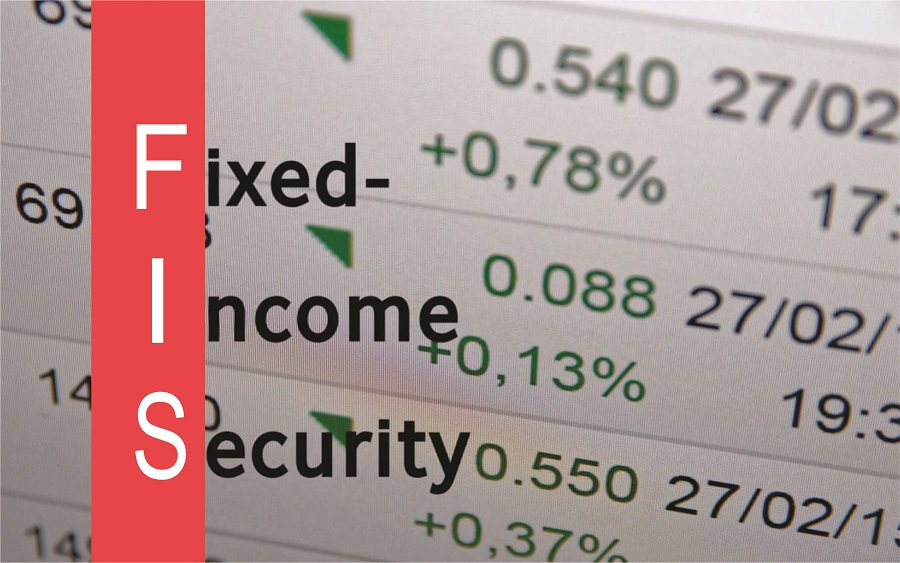
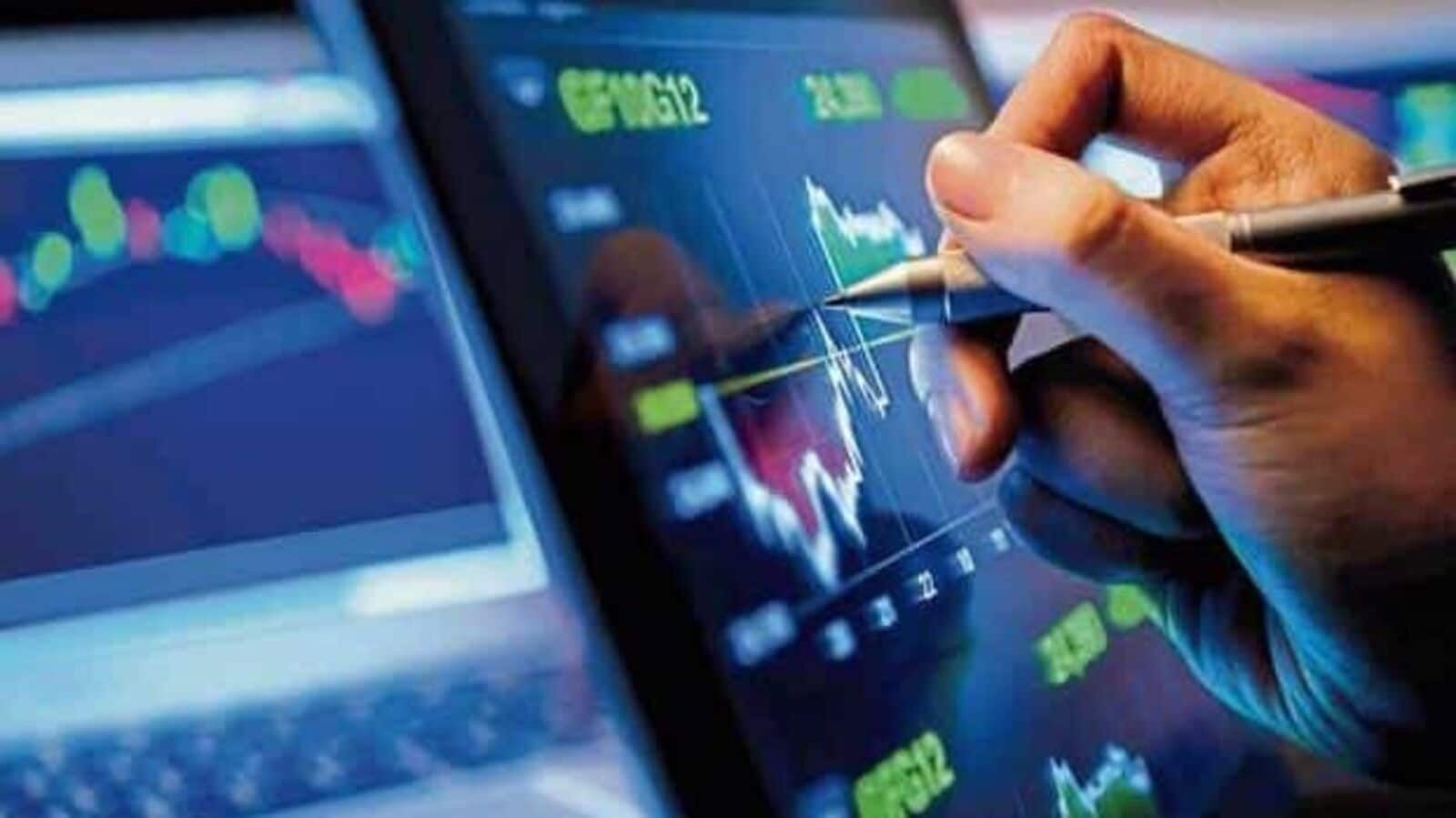






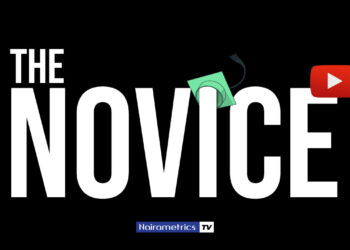
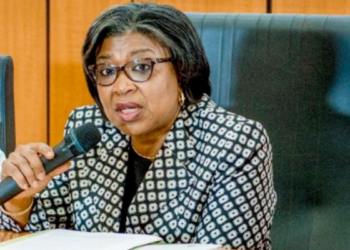
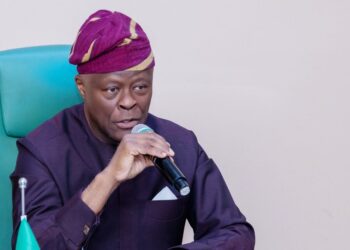
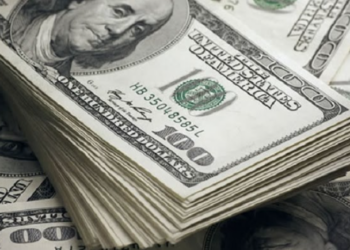









thanks for the update. Does this mean that the equity market may see some decline in the same period?